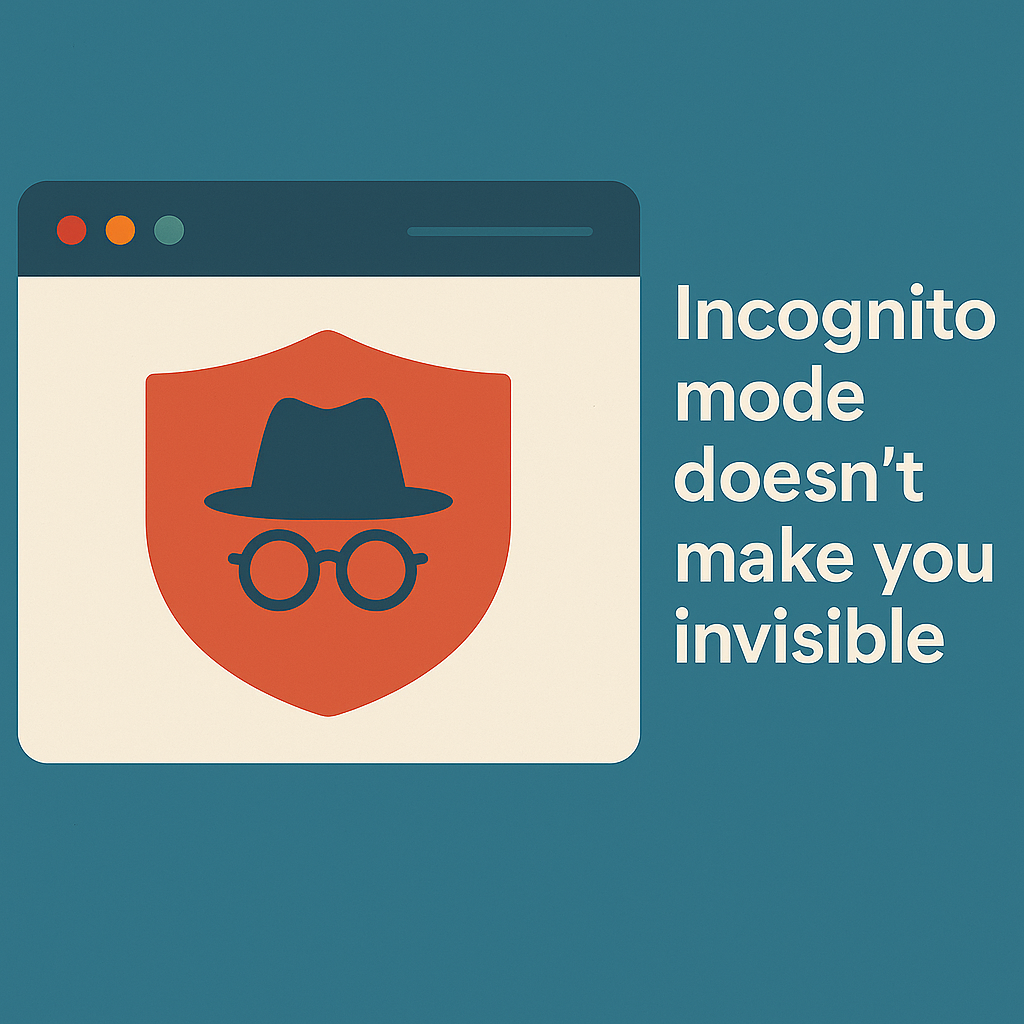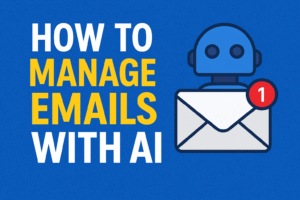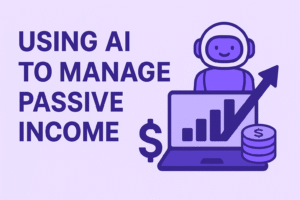Let’s be honest, we’ve all clicked that little “Incognito” or “Private Browsing” icon, thinking we were slipping into some sort of digital invisibility cloak. Like some kind of online ninja. No history, no cookies, no one watching. Right?
Oh Hell No
If you think using Incognito mode hides your entire online activity from the world, you’re giving it way more credit than it deserves. It’s kind of like closing your door when you’re doing something embarrassing, but leaving the windows wide open.
So let’s peel the curtain back and look at what Incognito does, what it doesn’t do, and how to actually cover your digital tracks the right way.
What Incognito Mode Does
Here’s the part Incognito mode does well:
- No history is saved on your browser.
- No cookies or form data stick around after you close the window.
- Any login sessions end when you close the tab.
That’s handy if you’re borrowing someone else’s computer or shopping for a surprise gift (or, let’s be real, searching for things you don’t want showing up in autofill). On the surface, it seems private, and locally, it kind of is.
What Incognito Doesn’t Hide
Here’s where things get spicy.
Incognito mode does nothing to stop:
- Your Internet Service Provider (ISP) from logging your browsing
- Your employer or school monitors traffic on their network.k
- Websites track you via your IP address.s
- Hackers on public Wi-Fi from snooping on your data
- Search engines like Google keep tabs (if you’re logged in)
Think of Incognito mode like wearing sunglasses inside a mall. You might look cool. You might feel anonymous. But the security cameras? Still watching.
The Big Myth: “Private Browsing = Privacy”
This misconception has gotten so out of hand that Google faced lawsuits over how Chrome’s Incognito mode works. People assumed they were fully private, but it turns out that data could still be gathered by websites using trackers and analytics tools. Spoiler alert: most sites do.
One judge even said it’s possible users were misled into thinking Incognito meant “invisible.” And they weren’t wrong for thinking that it’s marketed like some digital safehouse, when it’s more like a cheap tent.
Why We’re Still Being Watched
Here’s how your activity can still be exposed, even in private mode:
- DNS lookups (the thing that translates web addresses to IPs) can be logged.
- Your IP address is still visible and traceable.
- Your browser fingerprint, a collection of your device’s unique traits, can still identify you.
- Many modern websites load content from third-party services that track you with or without cookies.
It’s like vacuuming your room and thinking no one can tell you had a wild party. The trash is still there. The furniture is still broken. And someone left their sock on the ceiling fan.
How To Stay Private?
Glad you asked. If you’re truly looking to disappear (or at least not leave digital breadcrumbs everywhere), you need more than Incognito. Here’s what helps:
1. Use a VPN (Virtual Private Network)
A VPN routes your traffic through an encrypted tunnel, hiding your IP address from websites, ISPs, and network admins. It’s like sending your data in a secret envelope, instead of yelling your search out loud across the room.
2. Try Privacy-Focused Browsers
Browsers like Brave or Firefox offer better tracker-blocking and privacy settings than Chrome. Some even block scripts and ads by default. If Chrome is the noisy roommate, these are the quiet, reliable ones.
3. Ditch Google Search
Try using DuckDuckGo or Startpage. They don’t log your searches or build creepy profiles behind your back.
4. Use Encrypted DNS (DNS over HTTPS)
This one’s less flashy, but it matters. Switching to encrypted DNS (like Cloudflare’s 1.1.1.1) hides your browsing from snoopers at the network level.
5. Install Anti-Tracking Extensions
Tools like uBlock Origin, Privacy Badger, or HTTPS Everywhere can give your browser some extra muscle to fight off trackers and sketchy scripts.
Why Should I Even Care?
That’s fair. If you’re not doing anything shady, what’s the big deal?
Well, even regular folks deserve digital boundaries. Companies profit from collecting data about what you search, what you click, what time you sleep, and what snacks you like. Honestly, it’s creepy.
And the more they know, the more they manipulate. Your digital habits fuel targeted ads, biased content, and shape your online bubble without you realizing it. So yeah, it’s worth caring.
Final Thoughts
If you thought Incognito mode made you invisible, you’re not alone. The name itself is misleading. But now you know it’s more like brushing dirt under the rug than actually cleaning the house.
Want to keep things private for real? You need to go beyond the default settings. Use the right tools. Ask questions. And stop assuming your browser has your back, it probably doesn’t.
Because if privacy is power, then treating Incognito mode like real protection is like bringing a butter knife to a sword fight.




